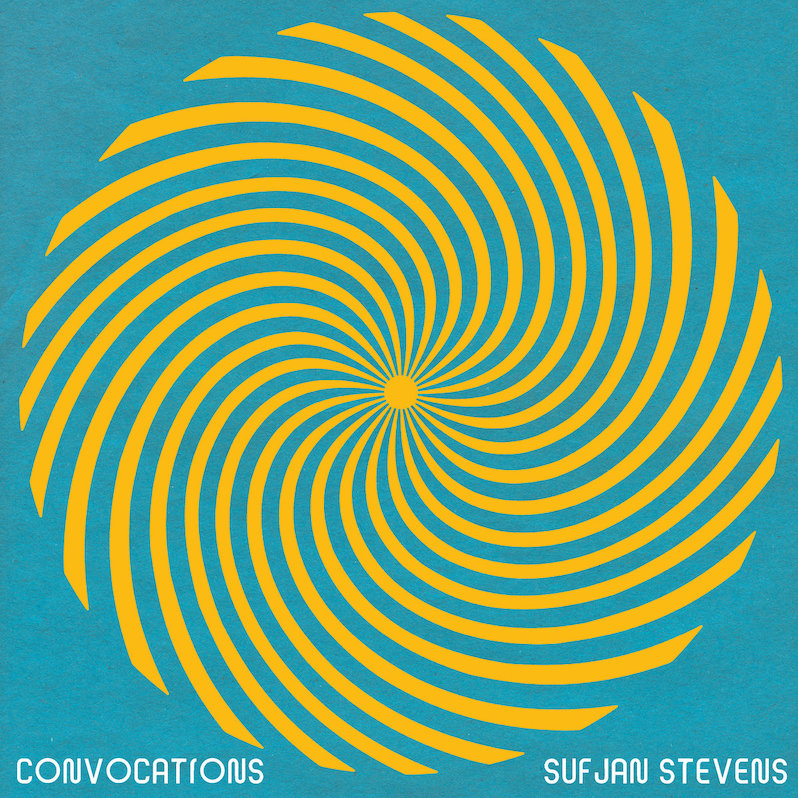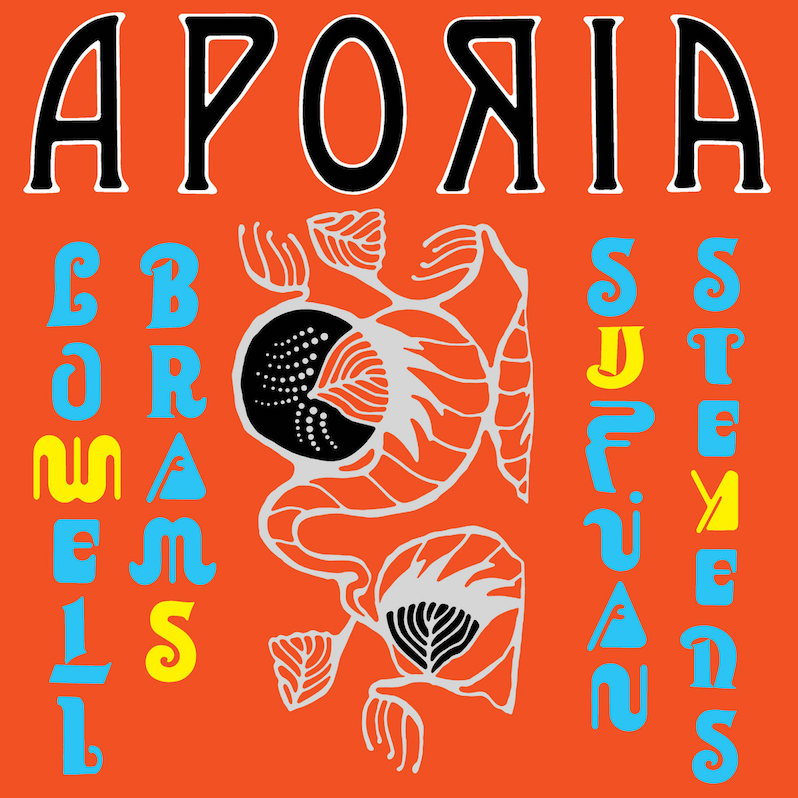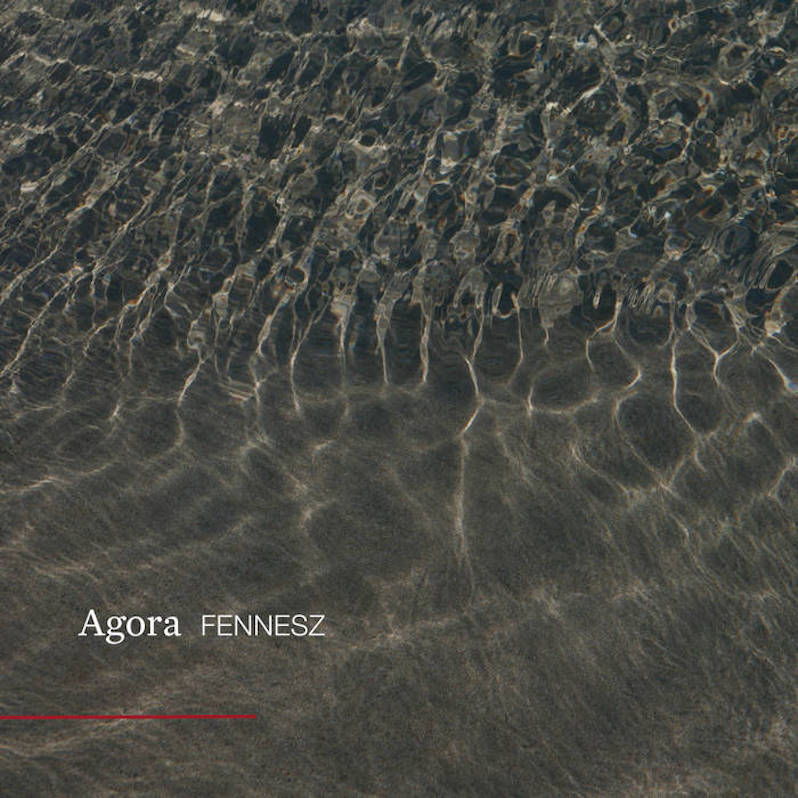Sufjan Stevens : Convocations

It is tempting, given the length and specific structure of Convocations, especially given its subject matter, to presume that it is a meandering and indulgent exercise fixated on death. It is, after all, functionally a sequel of sorts to Sufjan Stevens‘ previous record Carrie & Lowell, that time about the loss of his mother while Convocations was inspired by the loss of his biological father. The evidence for this, at first glance, feels promising; a five-part structure seemingly mirroring the five stages of grief, lengthy instrumental explorations borrowing in part from the new age record he cut with his stepfather (thankfully still living) acting as a binding agent of fatherhood across both projects but expanded out into that vast formlessness of proper grief. And in truth there is at least something to those notions, particularly any insight which privileges this as an exploration of the nameless and eternal sort of grief rather than Carrie & Lowell‘s often specific and particular kind of focused, nameable grieving.
But while there is certainly a kind of formlessness, it isn’t nearly as intense as one might imagine given the runtime of this project in its entirety. It’s release idiom provides some insight there; initially distributed one suite at a time over a period of five weeks, Convocations can just as easily be broken up into its smaller constituent suites, each running roughly 30 minutes, a comfortable pace in the world of ambient, kosmiche, New Age and contemporary classical music in which this dwells. And while this five-part process feels perhaps strikingly like the five stages of grief as we know them, Sufjan Stevens has become a substantially more sophisticated songwriter and composer over the past few decades than he was at his very beginning. (Or rather, perhaps, he has become much better at articulating the finer subtle structures things like his abandoned 50 States project, his polymorphic Christmas music boxsets and the reconfigurations of Run Rabbit Run hinted toward.)
The five-part process of grief as shown in Convocations has little to do with the standard five-step model as we know it save for its termination in the grace of acceptance. Between it seems to follow an imagistic tale, one of the slow hollowing of a machine in the name of grief (a symbol of non-personhood) hurtled through space toward stillness and inevitably the event horizon of the black hole, representing both the lacuna of death-into-afterlife and death-into-oblivion. From there, alien sounds intermingle with the black hole radiation and robot’s sad bleeps, transmissions from angels of fire and wings of eyes, strange and nearly inscrutable messages but ones that hint toward a broader structure of life and death and the weave of the world. This brings a kind of peace, but one closer to nirvana than we in the west typically think of, an acceptance not that they are gone but of all death.
This ground covered by Convocations in comparison to Carrie & Lowell will make sense to any who have experienced deep grief, especially those that have lost both parents. Losing one parent is cruel and miserable; your eye inevitably turns toward the one you lost and the depth of that loss, whether your relationship was good or bad. By the second, the grief expands like an atom bomb. Suddenly, death appears all around you. You are suspended between twin voids of nonbeing and, perhaps for the first time, you can see everyone else is too. It’s like the mindset of those that return from suicide attempts; there is a dark cloud lingering at the edges of the real, one we are all surrendered to over time. This is the neurosis of grief, the madness, the unnameable. But, with time and effort and grace, be it from God or the subliminity of the Real itself, there is a kind of acceptance that comes, uncomfortable and tender but real.
Convocations is a map of that second deeper grief, one not of a specific parents but the grief behind that one, the mother-grief of all griefs. Hence, of course, its mystic title; these are not the memories of a lost mother as before but instead the mystic incantations of the seer attempting to make peace with death itself as a universal process, attempts to seek reason in the profundity of the perpetual fountain of pain which so mysteriously also seems to be the progenitor of progress and creation. The attempt to see death not as the opposite of life but the opposite of birth. Fitting, then, that each cycle has ten movements, that perfect frozen number, save the final one, terminating at 9, incomplete. This perfect acceptance, the grace of Christ and the Buddha, slips out of reach right at the end; the mystic arrives at da’ath but in the darkness of the void cannot make it through to the bright light of the Godhead and instead falls back to earth.
Musically, Convocations is a serene and thoughtful development on the Sufjan that began to emerge through projects such as The BQE, Planetarium, Aporia and The Decalogue. The arthouse electronic tendencies present from his earliest work up until last year’s The Ascension appears but abstracted here away from the gurgling accompaniment of vocal song into the bright and imagistic contemporary classical work that has been such a strong opposing narrative thread in his aesthetic development. This is not the Sufjan of his indie pop days; while any given suite can make a kind of emotional sense on its own, nary a movement within them would be coherent on an emotional level taken outside of their wholes, still leaving 30-minute oceans to contend with. But his ear toward what constitutes moving and compelling music in this format belies that ambient is only one of the pieces in the pie.
While ambient and new age music certainly contribute greatly to his sense of emotionally-directed soundscaping especially in the longform, elements of kosmische and contemporary classical offer compelling swirls and proggy flourish within those soundscapes. Textures build and develop over the span of several minutes, rarely locking into a lengthy groove but instead feeling almost painterly, like the tone poems and sound-portraits of the Romantic era. It’s from this richness that my hypothetical image-tale can be drawn, mapping sounds to imagistic origins and seeing their interrelation as conflicts, journeys, reunions and departures. This is not static music. Despite its length, Convocations is a developed and moving, shifting portrait of the fullness of grief. Its elliptical structure is not aimlessness but crenelated detail, all of which still amounts to a final slipping away of the completed grace of acceptance. As a meditation on loss, be it of parents or of broader universal/personal death, its a profound and holy canticle.
Label: Asthmatic Kitty
Year: 2021
Similar Albums:
Langdon Hickman is listening to progressive rock and death metal. He currently resides in Virginia with his partner and their two pets.




